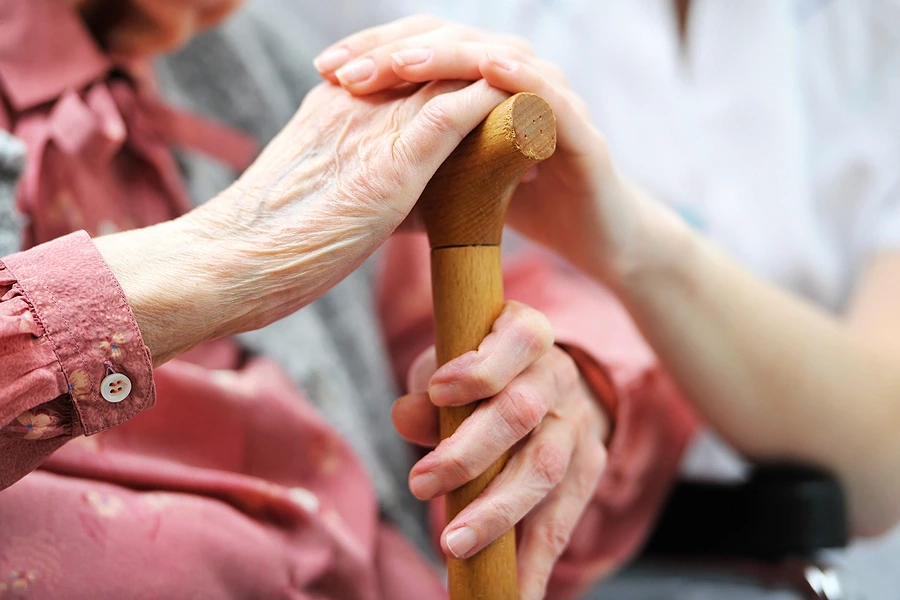Recognizing Elder Abuse in Orlando Nursing Homes and Knowing How to Respond

Placing a loved one in a nursing home is never an easy decision. Families trust that these facilities will provide the care, attention, and safety their aging relatives need. Unfortunately, that trust is sometimes broken. Nursing home abuse is a serious problem that often goes undetected until significant harm has already occurred. Whether physical, emotional, or financial in nature, abuse in long-term care settings can leave lasting damage. Knowing what signs to look for and what steps to take if you suspect mistreatment is essential to protecting those who can’t always protect themselves.
Common Warning Signs of Mistreatment in Nursing Homes
Abuse isn’t always obvious. Some residents may be unable to speak up for themselves, while others may be afraid of retaliation. It’s important for families and loved ones to pay close attention to changes in behavior or condition. The signs can differ depending on the type of abuse taking place, but here are some of the most common red flags:
-
Unexplained injuries: Bruises, cuts, sprains, or broken bones that staff cannot adequately explain could point to physical abuse or neglect.
-
Sudden behavioral changes: Withdrawal, depression, anxiety, or fear around certain staff members may indicate emotional abuse.
-
Poor hygiene or dirty living conditions: A noticeable decline in cleanliness, bedsores, or evidence of dehydration may signal neglect.
-
Unexpected financial activity: Unusual bank withdrawals, missing personal items, or sudden changes to legal documents can be signs of financial exploitation.
-
Overmedication or sedation: If a resident appears unusually drowsy or lethargic, it could result from improper or excessive use of medication.
-
Avoidance or fear: Hesitation to speak freely or visible fear in the presence of caregivers can suggest psychological manipulation or abuse.
Family members visiting regularly can make a significant difference. A sudden change in demeanor, condition, or routine is always worth investigating, especially if explanations feel vague or inconsistent.
The Role of Neglect in Elder Abuse Cases
Abuse doesn’t always mean someone is being directly harmed by another person. In many cases, the issue is neglect—failure to provide necessary care. Understaffed facilities or poorly trained employees may miss medication schedules, fail to provide hygiene support, or not respond to emergencies. Neglect can be just as dangerous as physical abuse and often leads to worsening health or emotional decline.
In Florida, nursing homes are required to meet specific standards of care. When those standards aren’t met, and a resident suffers because of it, the facility could be held accountable under state law.
Steps to Take If You Suspect Abuse
If you think someone you care about is being mistreated in a nursing home, it’s important to act quickly. Here’s what you can do to protect your loved one and begin building a case if legal action becomes necessary:
-
Document everything
Keep a written record of any signs of injury, behavioral changes, or concerning events. Take photographs of physical evidence if possible and note dates and times. -
Speak with the facility management
Bring your concerns to the attention of supervisors or administrators. Request explanations and see how they respond. A facility that takes concerns seriously should act quickly to investigate and address the issue. -
Report to state authorities
In Florida, you can file a complaint with the Florida Agency for Health Care Administration (AHCA) or the Department of Children and Families (DCF). These agencies are tasked with inspecting facilities and protecting vulnerable adults. -
Contact local law enforcement
If there is an immediate danger or suspected criminal behavior, do not hesitate to involve the police. -
Reach out to an attorney
A personal injury lawyer with experience in nursing home abuse cases can help you understand your legal options. They can guide you in gathering evidence, filing a civil claim, and holding the facility or individual caregivers accountable.
Legal Protections for Nursing Home Residents in Florida
Florida has specific laws in place that protect nursing home residents from abuse, neglect, and exploitation. The Florida Resident Bill of Rights outlines the legal protections every resident is entitled to. These include:
-
The right to be treated with respect and dignity
-
Freedom from mental and physical abuse
-
Proper medical care
-
Access to personal belongings and privacy
-
The ability to voice grievances without fear of retaliation
When these rights are violated, residents or their families can take legal action against the facility or responsible staff. A civil claim can seek compensation for medical costs, pain and suffering, and other related damages. In some cases, punitive damages may also be awarded to punish especially egregious behavior.
Why Legal Action Can Help Others Too
Filing a legal claim isn’t just about securing compensation for your loved one. It can also help protect other residents. Holding negligent or abusive facilities accountable puts pressure on them to improve their standards of care. In some cases, public legal action leads to investigations that uncover larger patterns of abuse or widespread staff misconduct. By speaking out, you could be helping others avoid the same suffering.
Choosing the Right Lawyer Matters
Nursing home abuse cases require careful handling. These claims often involve detailed medical records, state and federal care standards, and emotional testimony. A lawyer familiar with elder abuse law and personal injury in Florida can provide crucial insight. They’ll know what evidence to gather, how to evaluate facility records, and how to present your case in a way that supports your claim. They can also negotiate with insurance companies or represent you in court if necessary.
Look for an attorney with a proven track record in elder abuse litigation. Initial consultations are usually free, and many personal injury lawyers work on a contingency fee basis—meaning you don’t pay unless they recover money for you.
Keeping Loved Ones Safe Moving Forward
After dealing with a case of nursing home abuse, families often wonder what steps they can take to prevent similar issues in the future. Regular visits, conversations with staff, and open communication with your loved one can make a real difference. Encourage your family member to speak up about concerns and always follow up on anything that doesn’t feel right. Transparency and advocacy go a long way in ensuring better care.
Conclusion
Nursing home abuse is a deeply troubling issue, but families in Orlando are not powerless. Knowing the warning signs and acting quickly can help stop abuse before it escalates. If legal action becomes necessary, Florida law provides strong protections for residents and a path to justice. If you’re facing this situation, reach out to a qualified attorney who can help you take the next step. Your loved one deserves safety, dignity, and peace—and you have the power to help secure it.

 Call Us Today - It's Free
Call Us Today - It's Free